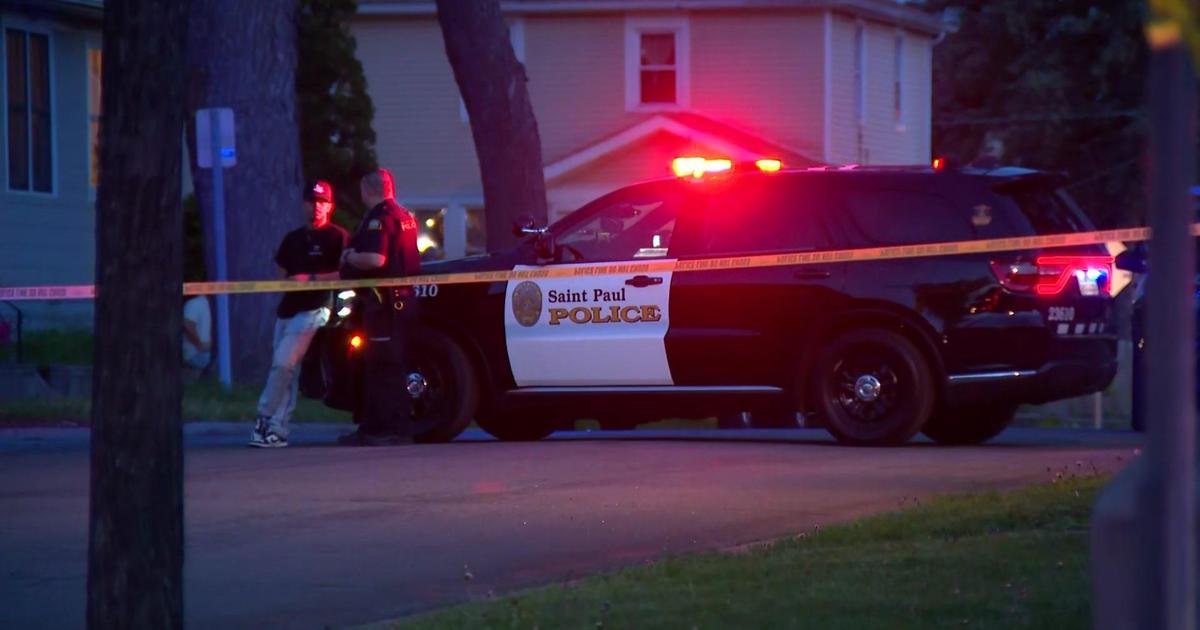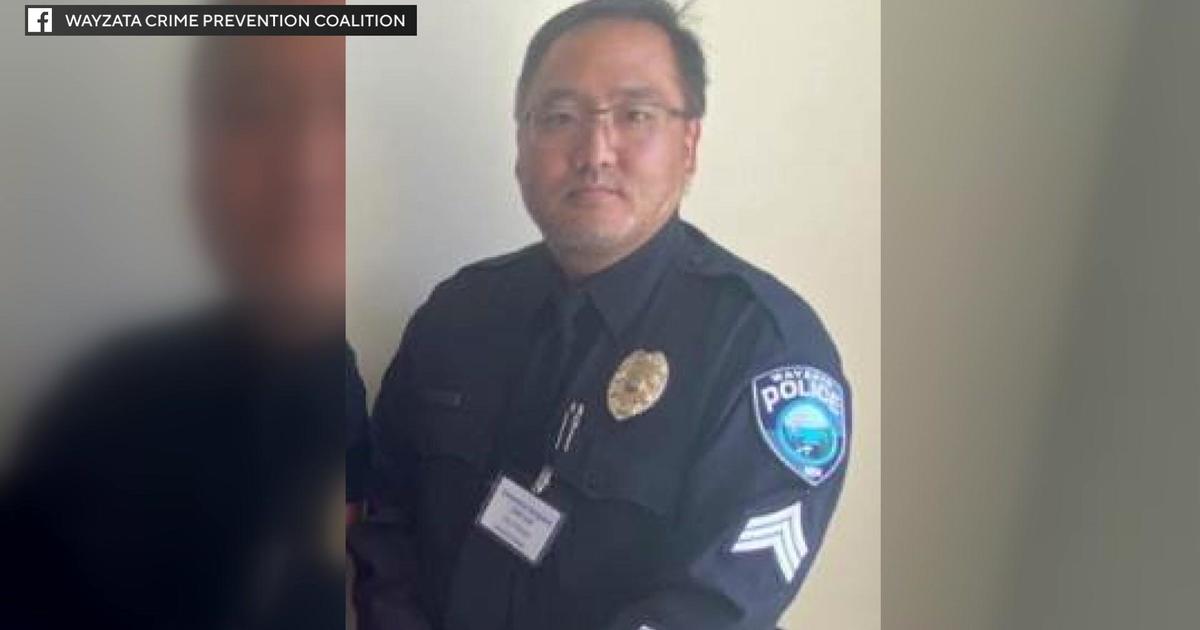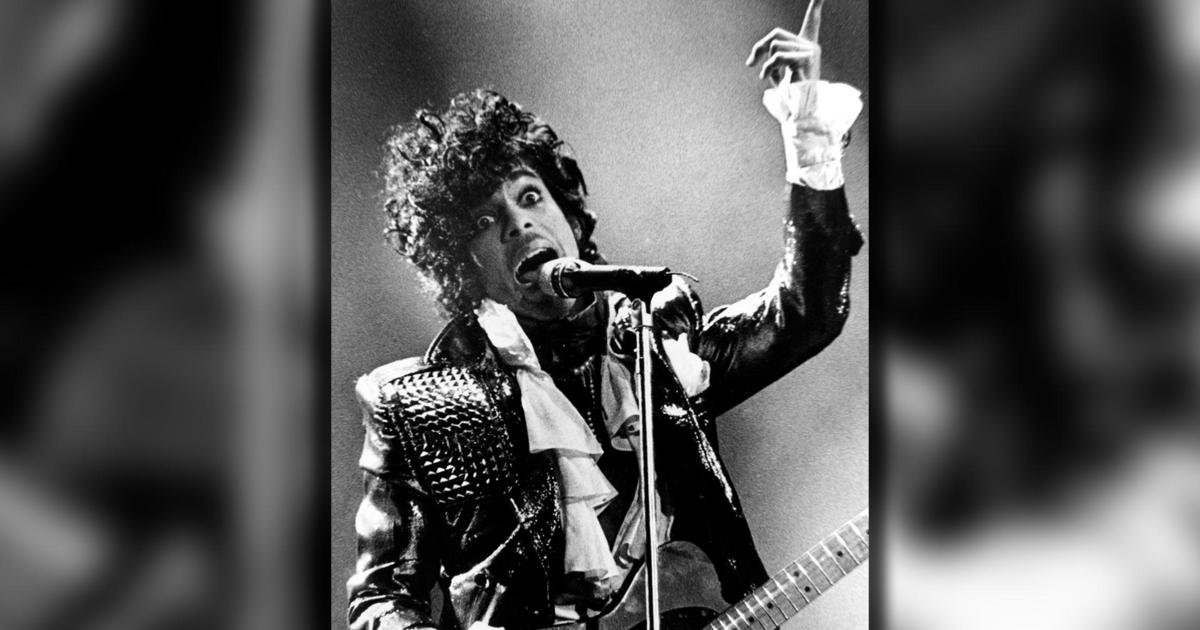St. Paul Police Data On Traffic Stops Show Racial Disparities
MINNEAPOLIS (WCCO) -- The St. Paul Police Chief admits there were no surprises in data released about racial disparities in traffic stops by his officers. In the last 15 years police cited and frisked blacks more than whites and sometimes searched the vehicles of black drivers twice as often.
St. Paul Police Chief Todd Axtell said the release of information is important.
"Being transparent leads to trust. And now more than ever trust is so important," Axtell said.
Axtell said the release of the data is to engage the community and begin hard conversations.
"We knew that there were discrepancies with the data that has come out, not just in St. Paul but throughout the country. What we haven't done a good job of is to understand why those numbers are the way they are," Axtell said.
In the future, he plans to have officers record the race of the driver and why the driver was pulled over.
For years, black drivers complained they've been targeted driving through St. Paul, according to St. Paul NAACP President Jeffry Martin.
"You didn't really have the data to back that up and now you put some validity to what you've been hearing," Martin said.
He's encouraged by Axtell's actions.
"It shows what kind of leader he is, it shows he's really trying to be transparent but with that comes a lot of scrutiny," Martin said.
And he believes what police do with the information is most important.
"This is going to be our starting point and we want to end up someplace way better than where we are right now, so as long as we keep it on a positive note and move toward making the system work for everyone," Martin said.
President of Saint Paul Police Federation, Dave Titus said in response:
"The traffic stop data released today is too limited to allow conclusions to be drawn.
"There are many factors and variables associated with a traffic stop that the data does not show, such as crime rates in the area, who are the suspects and arrestees, and what the reason was for the stop. To get a true picture of the data that was released, one would have to look further into a multitude of factors, such as who lives in the area, who's committing the crime, etc.
"Officers are not placed randomly in a certain area. Officers are assigned by management to areas where there is a high (police) call volume and high-crime rate. It is important to note when looking at the data that many more traffic stops are being conducted in these areas due to an increase of police presence for other issues. Victims and complainants' calls for police service dictate staffing and patrols."
Axtell said his department will release data like this annually. Click here to see the information released.



